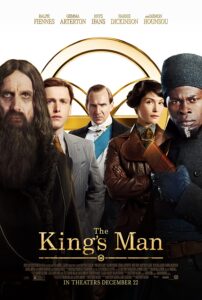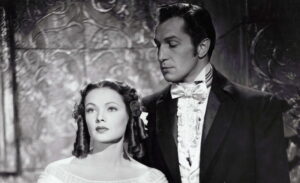The words Sisu is Finnish and denotes a grim determination in the face of overwhelming odds. It combines stoicism, perseverance, and making the most of limited resources to struggle to the very end without surrender. Developed as a concept during Finland’s 1939 bitter war with the Soviet Union it has become an element, a proud one, of the Finns national character.
Sisu is also a 2023 Finnish action movie now playing in theaters.
Set in the Lapland region of Finland during the closing months of the world war II, Sisufollows Aatami Korpi (Jorma Tommila) a former Finnish special forces commando and now gold prospector. Having discovered a ludicrously rich vein of gold Korpi is beset by retreating Nazi soldiers evacuating to Norway following Finland’s separate peace with the USSR. Naturally the Nazis attempt to steal the gold and murder Korpi and his little dog sparking an hour and a half of bloody, gory, revenge, (Don’t fret the dog is fine.) as Korpi slaughters Nazis and frees women that they have taken as sex slaves.
Despite the gore, the dismembered limbs, the clouds of blood from exploding Nazis I describe Sisu as cartoonish violence. This is not a feature you attend with an eye towards realism. Reality visited screenwriter and director Jalmari Helander, glanced at the script in progress, and took its leave. At no point in the movie did I have the slightest doubt to Korpi’s eventual triumph. It simply isn’t that kind of flick. This is a movie where you leave your higher logical functions at home and revel in the inventive slaughtering of fascists. If you have a delicate stomach or suspension of disbelief, then this movie is not for you.
Helander directs Sisu with a firm solid hand aided by cinematographer Kjell Lagerroos’ stark yet beautiful capturing of Lapland’s desolate beauty.
Sisu is not for everyone but for those that it is for it should strike a very pleasant nerve.





